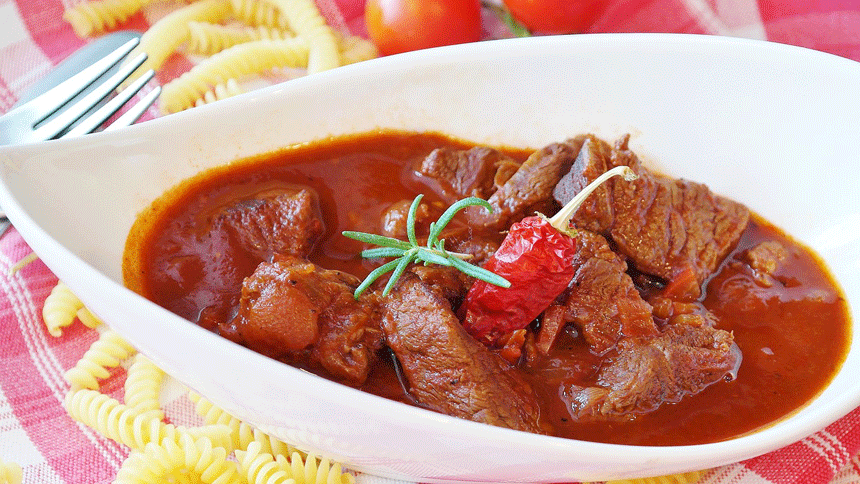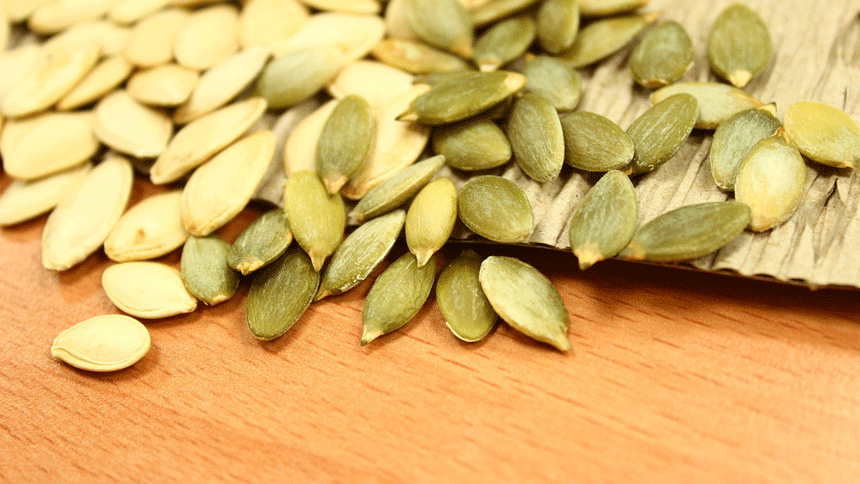“Liberty Times” quoted Xu Yuzhen’s post on the Facebook fan page “Ivy Nutritionist’s Health Classroom” as pointing out that precocious puberty refers to the development of breasts, pubic/armpit hair, and even menarche before the age of 8 for girls; Secondary sexual characteristics such as enlarged testicles, elongated penis, and voice change. In addition to childhood obesity and environmental hormones, the causes are also closely related to dietary content. Studies have found that eating too much unhealthy snacks, fried foods, and sweets can easily lead to obesity and induce precocious puberty. Precocious puberty in girls is associated with the risk of developing metabolic syndrome in adulthood and postmenopausal breast cancer.
So how to prevent precocious puberty? Xu Yuzhen explained that research has found that reducing snack intake, doing a good job of weight control, eating less red meat, eating more white meat and deep-sea fish, and increasing fiber intake are “all good ways to avoid precocious puberty.” It is recommended that children implement it from an early age The Mediterranean diet not only prevents precocious puberty, but also helps protect the cardiovascular system and maintain good health.
●Adequate intake of fruits and vegetables:Eat 3 servings of vegetables and 2 servings of fruit a day. 1 serving of vegetables is half a bowl full of cooked vegetables, and 1 serving of fruit is 8 minutes full bowl. Fresh fruits and vegetables can provide dietary fiber, rich in vitamins, minerals and phytochemicals, and help the body clean up, remove free radicals and inflammatory substances. In addition, eating more fruits and vegetables and higher dietary fiber intake can delay the age of menarche.
●Choose whole grains:Replace refined starches such as white rice, white noodles, and white toast with less refined whole grains such as brown rice, five-grain rice, oatmeal, sweet potatoes, pumpkin, buckwheat noodles, whole-wheat steamed buns, and toast. The latter is high in fiber, rich in vitamin B group and various minerals, and can also stabilize blood sugar fluctuations, not easy to form body fat, and less likely to cause hunger, which is good for weight control.
●Seafood such as fish and shellfish twice a week:Eat deep-sea fish and seafood at least 2 times a week, replacing meat as a protein source for meals. High-quality fatty acids and rich zinc ions can promote the growth and development of children, prevent obesity, and help protect the cardiovascular system. Deep-sea fish include mackerel, salmon, sardines, cod, saury, tuna, etc. Be sure to choose those without heavy metal pollution. If you are worried about the accumulation of pollutants, you can remove the skin and internal organs of the fish.
●Consume dairy products, eggs and white meat in moderation:Dairy products are rich in nutritional value and contain high-quality protein, vitamin B2, vitamin D, calcium, magnesium and other ingredients, which are excellent for children’s development. It is recommended to drink 500c.c. per day. Chicken, duck, goose and other white meat and eggs are also food sources of high-quality protein. You can eat 1 egg a day, and eat fresh meat the size and thickness of your palm at each meal.
Xu Yuzhen added that although the chicken chops are white meat, they have been deep-fried. Of course, there is no problem if you eat boiled chicken. “Not only the ingredients themselves, but also the cooking method is a big problem!”

●Eat less red meat and excessively processed foods:Red meat such as pigs, beef, and sheep is rich in iron. However, excessive consumption is directly proportional to the correlation with precocious puberty and many cancers. The recommended consumption is less than that of white meat. 4-6 meals per week are enough, and fresh meat is the best , Eat less processed meat such as sausages, ham, bacon, hot dogs, jerky, etc.
Xu Yuzhen explained that eating too much of the above-mentioned red meat in childhood (more than 2 times a day) will cause children to report for puberty earlier, while other animal proteins have no effect. In addition, girls’ red meat intake during adolescence was positively associated with premenopausal breast cancer risk.
● Moderate consumption of grapes, blueberries or raisins:Good for cardiovascular health.
● Use olive oil and nut seeds:Olive oil is rich in Omega-9 (monounsaturated fatty acids) and olive polyphenols, which can protect cardiovascular and prevent breast cancer. Olive oil can be used for cooking or spreading bread when cooking at home.

Nut seeds include almonds, walnuts, cashews, pistachios, sesame, pumpkin seeds, etc., rich in Omega-3 (polyunsaturated fatty acids), minerals, and vitamins. They are also a very good source of fat. Eat 1-2 tablespoons a day. Can not eat too much.

